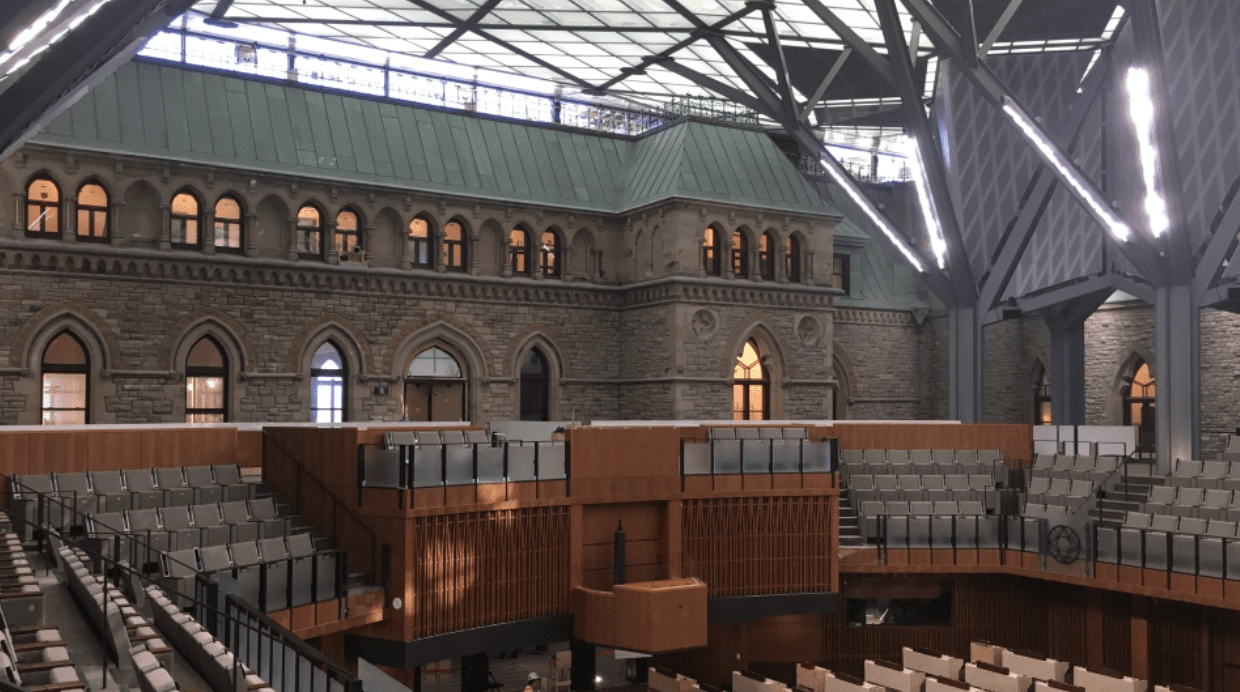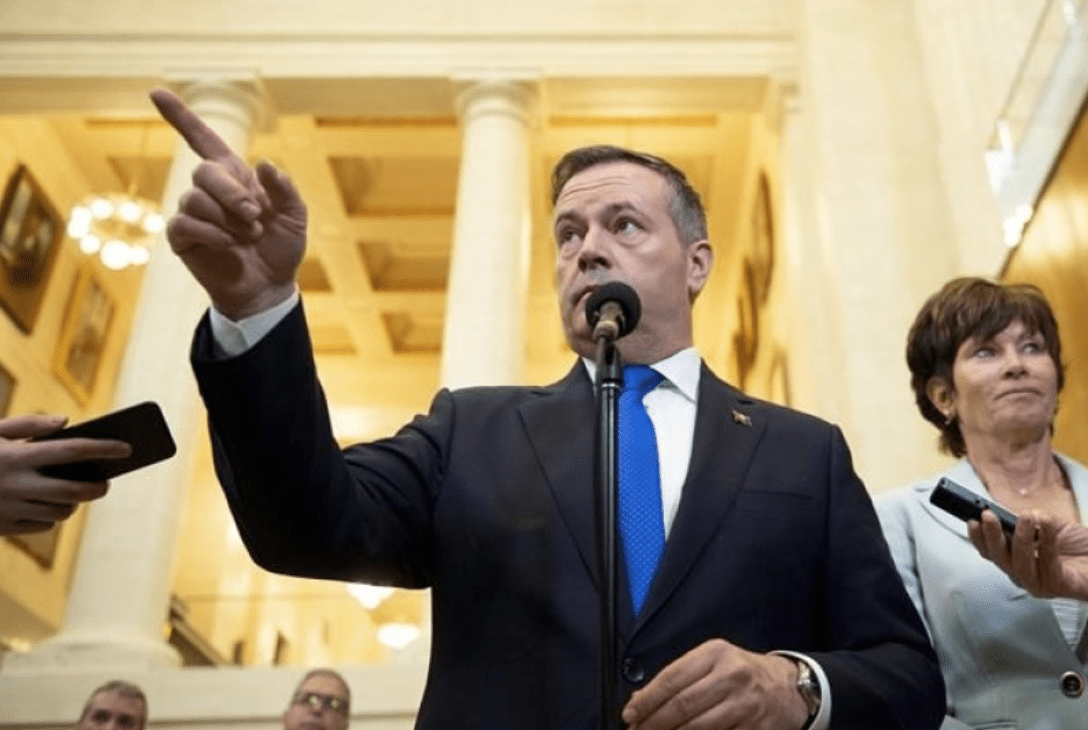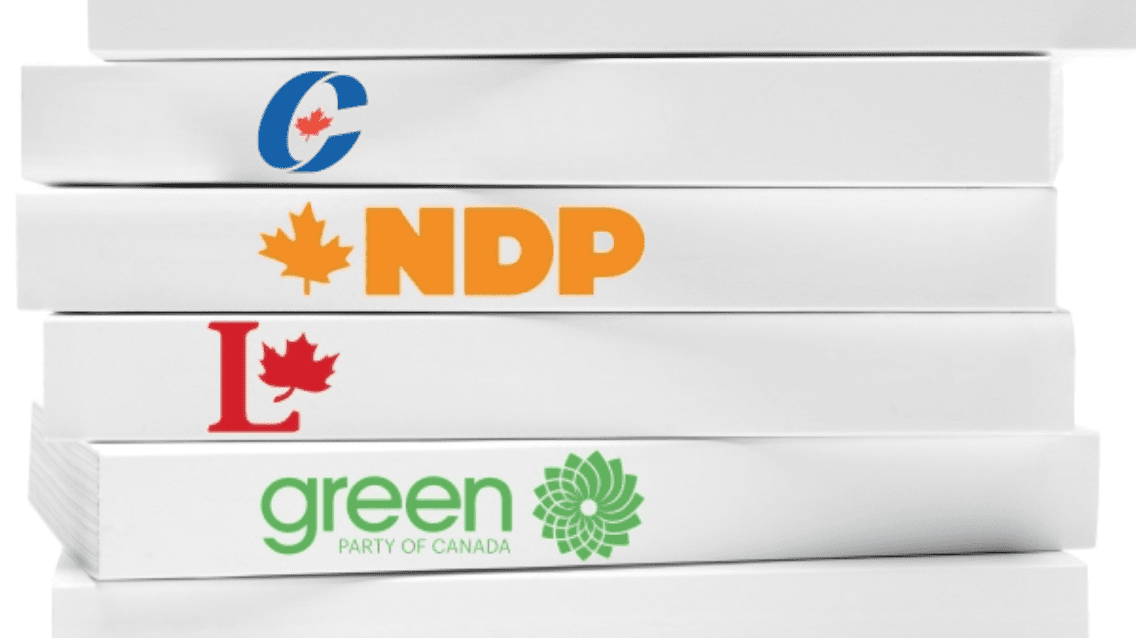In a number of exit interviews with departing MPs over the past few weeks, we're seeing many of the usual complaints about how Parliament could be better it's too partisan, the rules are too obscure, there is too much "wasted time" voting, and right up to the hyperbolic assertions that late-night votes will eventually kill somebody. No, seriously. There are the usual calls to change the rules, but throughout this, there is an attitude of what appears to be learned helplessness on the part of MPs, and an unwillingness to really take any personal responsibility in the atmosphere in the Chamber, particularly when it comes to partisanship.
Learned helplessness is defined as being characterized by "the subject's acceptance of their powerlessness: discontinuing attempts to escape or avoid the aversive stimulus, even when such alternatives are unambiguously presented." And in the case of these MPs, it's apparently a notion that they are powerless in the face of rank partisanship or centralized power structures, and therefore they just accept it and complain to the media about how awful things are without acknowledging that each of them has the power to change the way things are if they really wanted to and I'm not always sure that they do.
After all, very few MPs believe that they're overtly partisan, and almost all of them don't believe that they heckle during QP even when it's pointed out to them that they do, they make excuses for it. In one of these exit interviews, departing Conservative MP Larry Miller moans that he's tired of the "political BS" on all sides, and yet Miller is an MP who will exhibit extremely partisan views, to the point that he is a frequent conduit for "fake news" over social media because it fits with the partisan frame by which he views the government so much so that it overrides his critical thinking when he shares these kinds of articles or memes. He also complains that the only ones who benefit from QP are the media, while it's his party who now uses QP as a means of gathering clips for their social media post far beyond what use QP is to the media these days.
The complaints about travel and Friday sittings are also not new, but I also never see MPs looking to make up the time with things like evening sittings. The other thing that this ignores is that there is already tremendous flexibility built in for MPs to deal with Fridays, particularly if they are from the West Coast or the North. The parliamentary calendar is structured so that there are no committee meetings Monday mornings or Fridays, which frees up a vast number of MPs to use that time to travel, and those MPs that are most affected by Friday sittings are any parliamentary secretaries from the West Coast who generally need to be present when the ministers aren't (though I will note that ministerial attendance at Friday QP over this past parliament has been consistently exceptional). In an interview, outgoing Liberal MP Rodger Cuzner suggested revisiting an old proposal from Stockwell Day that the Commons reorganize its business so that private members' business is only dealt with on Fridays rather than an hour every day, but one imagines that this too will lead to complaints of unfairness for those MPs from distant ridings.
As for the usual complaints of wasted time, some of them are legitimate that the constant churn in ministers, senior officials and bureaucrats means that too much time is lost in bringing people back up to speed on any given file but some of them are not, which is again the complaints about voting. It never ceases to amaze me that MPs, whose primary job is to vote on things in the Commons, complain about having to do it particularly over standing votes, which are the biggest source of complaints especially because there are many times when a voice vote or a vote on division (meaning there is disagreement but acknowledging that it's going to pass regardless) would have sufficed.
Many keep demanding electronic voting, but they ignore both the symbolic effort of standing votes that MPs should be seen to stand for what they believe in but also the notion that there is power in the act of standing to vote. Electronic voting may be speedier, but it lacks symbolism, and there's also a potential lack of accountability, for example, if an MP from a neighbouring desk votes for his or her absent seatmate or worse, the slippery slope of allowing MPs to vote remotely, because votes are one of the only times when all MPs are in the chamber, and it allows them to both be social with one another and to do important things like buttonhole ministers about issues that need addressing. That can't be underestimated.
What amazes me, however, is that of all the complaints of wasted time, nobody bothered to address the fact that MPs spend far too much of their days reading vacuous speeches into the record in the Chamber, rather than engaging in meaningful debate. To me, that is the bigger crime than the time spent voting, but again, it's learned helplessness nobody seems willing to want to stand up and speak extemporaneously about the subject at hand and to engage in a thoughtful back-and-forth on the matter rather than reading what's in front of them. MPs could change that if they wanted to but they apparently don't.
As we saw this parliament, we will no doubt see in the next one another attempt by MPs to change the rules in order to assert that they're making their lives easier, that they're being more "family-friendly," or that they are "wasting" less time, but none of it will ever address the real problems with our system, both the very real problem of our leadership system creating the centralization of power, or the fact that MPs have all the power they need in order to make the place run better but simply choose not to exercise it, either by ignorance or learned helplessness. Changing the Standing Orders won't fix those problems.
Photo Credit: CBC News










